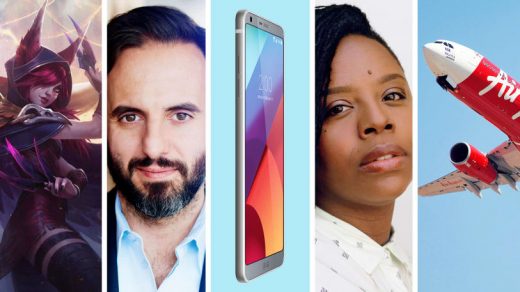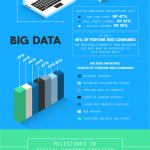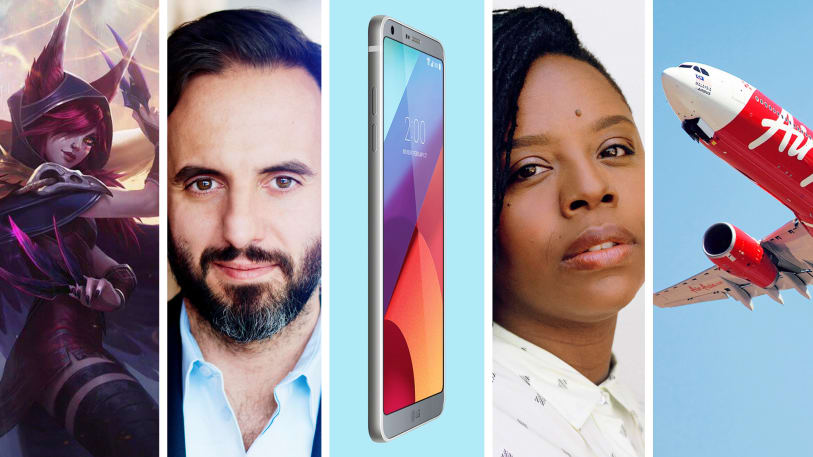Updates From Our Most Innovative Companies: Farfetch, Black Lives Matter, And More
Updates from our World’s Most Innovative Companies alumni.
Farfetch
CEO José Neves founded his nine-year-old company with a mission to bridge the gap between physical and digital by helping luxury boutiques around the world put their inventory online. This month, Farfetch will host an event called FarfetchOS, in London, where Neves will announce a new technology suite called the Store of the Future, the latest business unit for the $1 billion company. The new concept will allow Farfetch’s partner retailers to track inventory across their e-commerce and storefront arms and help further individualize in-person customer interactions. “We actually see the future of fashion as centered in the physical store, which I know is ironic for a tech business,” Neves says. “I really believe that beautiful products belong in great stores. They don’t belong in these dark warehouses.”
But for all his attention to real-world shopping, Neves is further cultivating Farfetch Black & White, a service the company offers to fashion brands to power their e-commerce sites. The platform provides support for everything from payments and logistics to customer service and in-store returns. Since its launch a year ago, the Black & White API has grown to six clients, including Manolo Blahnik, Christopher Kane, and DKNY.
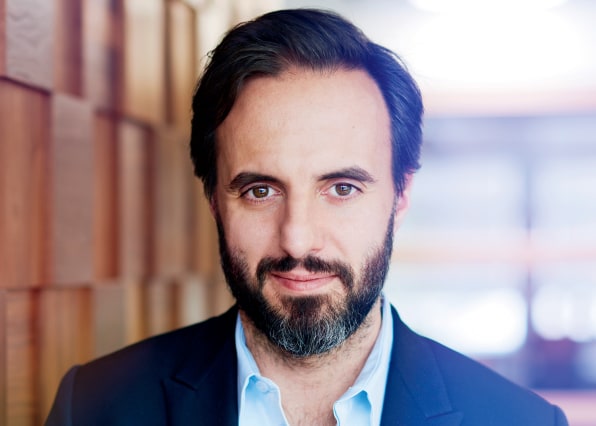
At the same time, Farfetch has been expanding its own site’s inventory to include jewelry and kids’ fashion, with even more categories to come. Recently, the company signed its 500th boutique, and boasted 60% growth and more than $800 million in sales in 2016. “We are not a retailer,” Neves says. “We are here to help brands and retailers find what the luxury experience is of 2020 and beyond. We want to be the platform for the global fashion industry.”
Milestones: In November, Farfetch hired its first-ever chief strategy officer, Stephanie Phair, a Net-a-Porter veteran.
Challenges: As Amazon ramps up its own inventory of luxury fashion, it’s treading close to Farfetch’s terrain.
Buzz: Postive
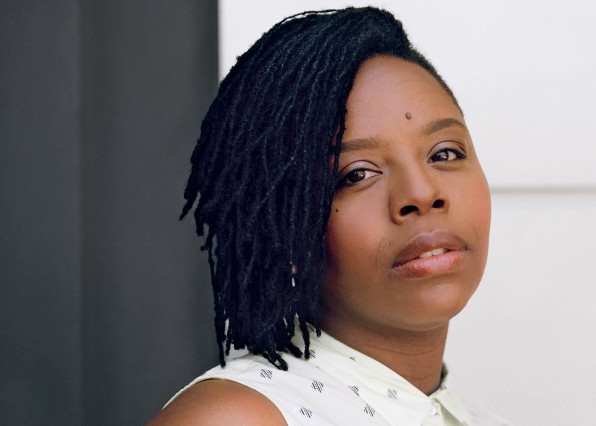
Black Lives Matter
Just days before Donald Trump’s inauguration, activist organization Black Lives Matter and advertising agency J. Walter Thompson launched a new web application called Mark Yourself Unsafe. A riff on Facebook’s Safety Check, this “unsafety check” lets African Americans label themselves on social media as in danger because, the app explains, “being Black in America is a national emergency.” The app, says Black Lives Matter cofounder Patrisse Cullors, is a reminder that “black people and other marginalized groups are unsafe under this administration.”
The provocative app is part of an ongoing collaboration between BLM and the New York–based ad agency, which began when JWT creative director Mo Osunbor reached out to Cullors, offering pro bono resources to the movement. Cullors, for her part, was looking to expand the organization’s reach with actionable digital tools. In December, the two created a site called Backing Black Business, a searchable map of brick-and-mortar and online companies run by African Americans. Still in beta, the site features more than 300 businesses and is adding more daily.
Meanwhile, Mark Yourself Unsafe, which has been used by thousands of people, is becoming a viral tool to teach people about police violence and inequality. Projects like these, says Cullors, are vital given our political climate: “We know that more human and civil rights will be violated. So what do you do with that?” she says. “We’re planning for people’s survival right now. The act of marking yourself unsafe is an act of resistance.”
Milestones: Black Lives Matter protesters played a key role in the wake of President Trump’s immigration ban, helping to mobilize against the executive order.
Challenges: Post-election protest movements are springing up en masse, creating difficulty for Black Lives Matter’s hashtag activism to stay in the spotlight.
Buzz: Positive
Riot Games
Milestones: Thanks to a new partnership with the Big Ten Network, Riot Games‘ multiplayer videogame League of Legends is becoming a serious college e-sport. Twelve of the conference’s schools will compete this season, with every player receiving a $5,000 scholarship.
Challenges: Activision Blizzard is building up its e-sports league for its first-person shooter game Overwatch, which will eventually include in-person spectators.
Buzz: Positive
Ford
Milestones: In a bid to create autonomous-vehicle software for its own cars and others, Ford is investing $1 billion in Pittsburgh-based startup Argo AI, run by Google and Uber veterans.
Challenges: Ford’s big bet to create the self-driving platform of the future puts it up against the likes of Apple and Uber—as well as basically every other automobile company.
Buzz: Neutral
LG Electronics
Milestones: LG’s new G6 smartphone moves the company away from its signature modular phone construction to prioritize usability and design. It has a taller screen ratio primed for full-view multitasking.
Challenges: LG has been struggling to break through in a crowded market—its mobile communications unit recently saw a 23% drop in quarterly revenue.
Buzz: Negative
Nest
Milestones: Yoky Matsuoka, who was responsible for much of Nest’s signature adaptive-thermostat technology, recently rejoined the company as CTO after a stint at Apple.
Challenges: Even as other startups rush into the connected-home space, Nest is still trying to speed up its product timeline. Last fall, it released its fourth product, an outdoor camera.
Buzz: Neutral
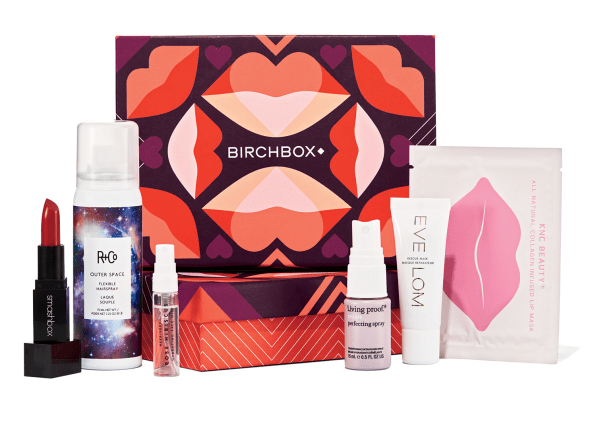
Birchbox
Milestones: In February, Birchbox introduced a new premium tier for its current subscribers. At $14 a month, it will allow users to better customize their boxes. The company is also opening a second brick-and-mortar store, this time in Paris, which will let shoppers create their own boxes alongside beauty consultants.
Challenges: Last summer, Birchbox received a $15 million infusion to offset a rumored drop in customer subscriptions amid increased competition from Ipsy and other services. It was also beset by user complaints about repeat product samples and the changing rewards system.
Buzz: Neutral
Marks & Spencer
Milestones: The U.K. department store reported a rise in clothing sales for the first time in two years. New CEO Steve Rowe has been increasing the number of products while reducing discounts.
Challenges: Last fall, M&S announced it would shutter 30 locations and turn 45 more into food-only shops, despite the fact that its food sales grew by only 0.6% in 2016.
Buzz: Neutral
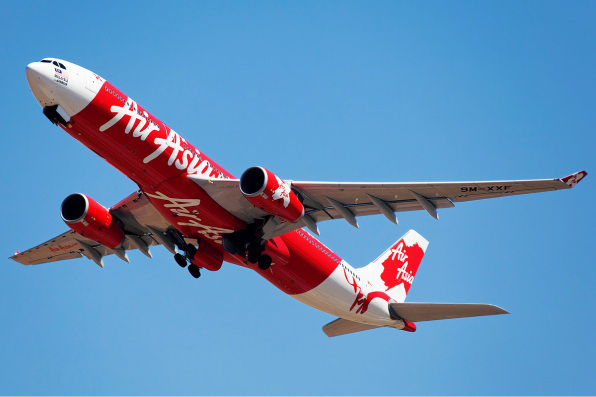
AirAsia
Milestones: In January, AirAsia X became Asia’s first budget carrier approved by the FAA to fly into the U.S., opening the door to low-cost transpacific flights. First up may be routes into Hawaii.
Challenges: AirAsia was named in a bribery charge after an employee from Rolls-Royce allegedly gave a $3.2 million product discount to an airline executive. AirAsia has denied any wrongdoing, but the situation puts AirAsia under scrutiny from investigators.
Buzz: Neutral
W.L. Gore & Associates
Milestones: The company behind Gore-Tex recently unveiled new facilities at its Delaware headquarters to help it better test materials. The labs include an Environmental Chamber and Rain Tower, and they can now subject products to everything from solar radiation to high wind.
Challenges: One of Gore’s biggest competitors, Polartec, has been making strides with its own breathable, moisture-wicking technology and is working with clothing company MtnLogic on a new brand of heavy-duty alpine gear to be released later this year.
Buzz: Positive
Fast Company , Read Full Story
(63)

